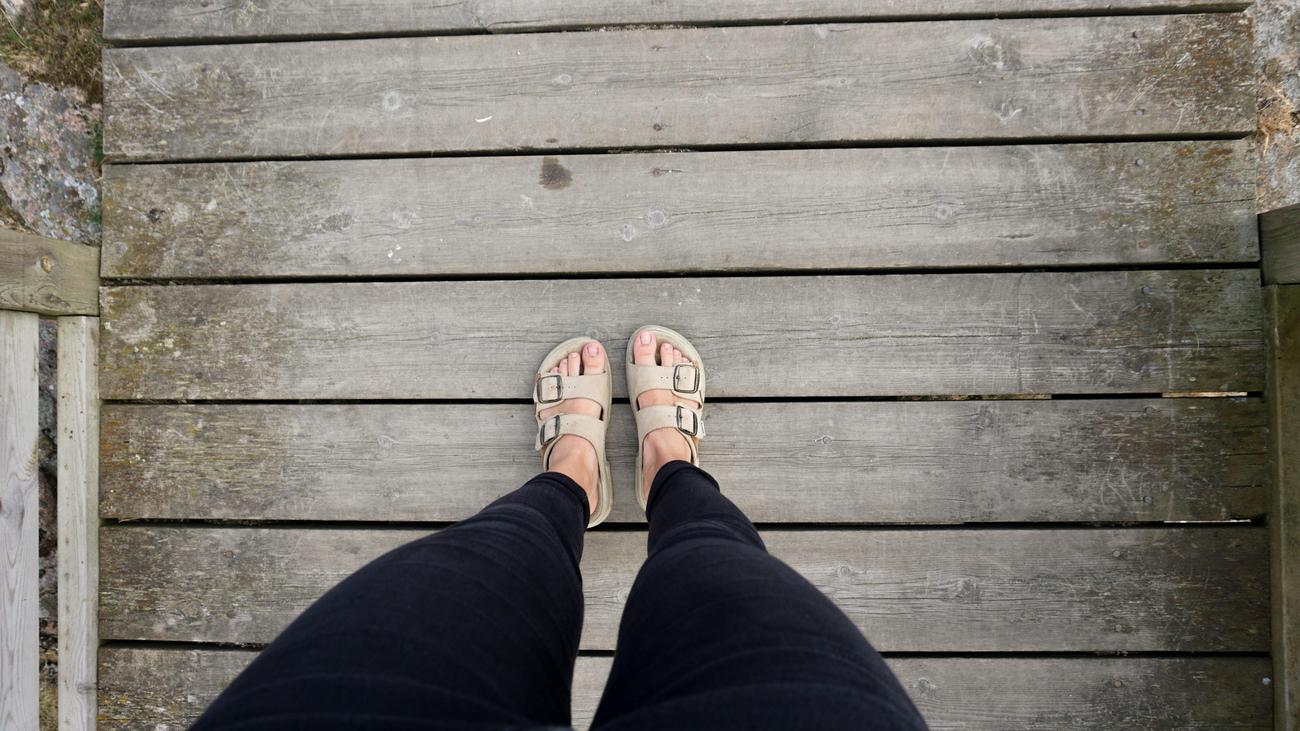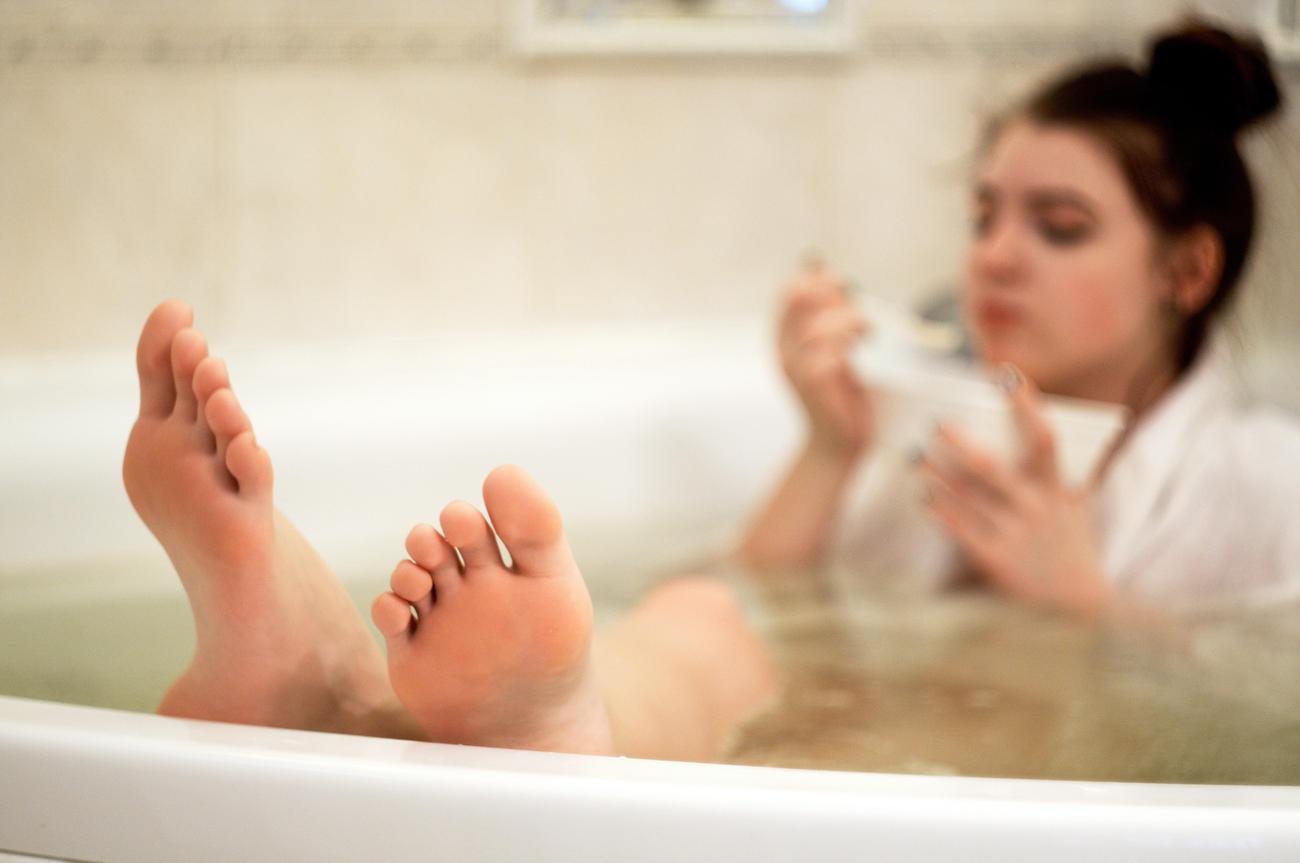Are you ready to embark on a journey into the captivating world of feet? Prepare to be amazed as we delve into the lesser-known aspects of podiatry and unravel the secrets behind these fascinating body parts. In this article, we will explore the anatomy of feet, peculiar conditions that can affect them, and uncover some truly bizarre foot-related facts. Whether you have a curious mind or simply want to gain a deeper understanding of the essential role our feet play in our lives, this is the article for you. Get ready to be captivated by the intriguing world of podiatry and discover the hidden wonders that lie beneath your feet.

Captivating Information About Feet
Our often-underappreciated feet are remarkable structures that deserve our attention. They play an essential role in our everyday lives, supporting our weight, helping us balance, and allowing us to move with ease. In this article, we will dive deep into the captivating world of podiatry and uncover some intriguing facts about our feet.
One of the most mind-boggling aspects of our feet is the sheer number of bones they contain. Did you know that nearly a quarter of all the bones in our bodies are found in our feet? Each foot is made up of a complex arrangement of 26 bones, providing a sturdy foundation for our upright posture.
Not only do our feet have a multitude of bones, but they are also home to an intricate network of joints, muscles, tendons, and ligaments. In fact, each foot boasts an impressive 33 joints, 19 muscles and tendons, and a staggering 107 ligaments. This complex structure allows our feet to flex, extend, and withstand the forces exerted upon them during various activities.
The foot is truly a marvel of engineering. With its 26 bones, 33 joints, and over 100 ligaments, it is one of the most complicated structures in the human body. Just imagine the intricate dance of these components as you take each step or leap into the air. It’s no wonder that podiatrists find the study of feet so captivating.
Our feet undergo a remarkable transformation as we grow from infancy to adulthood. When we are born, the bones in our feet are mostly made up of cartilage, a flexible connective tissue. It is only over time that these bones gradually ossify, or harden, reaching their final state around the age of 21. This process allows our feet to develop the strength and stability necessary for a lifetime of walking, running, and jumping.
Not only are our feet essential for mobility, but they also have some intriguing characteristics. Take, for example, their ticklishness. For many of us, our feet are the most ticklish part of our bodies. This ticklishness is due to the high concentration of sensory nerves in our feet, making them particularly sensitive to touch. So, the next time you find yourself giggling as someone tickles your feet, remember that it’s all thanks to those microscopic nerve endings!
Walking barefoot is not only a simple pleasure but also beneficial for our feet. When we walk barefoot, our feet are in direct contact with the ground, allowing for increased sensory stimulation. This enhanced sensory input can improve our balance and posture. Moreover, walking barefoot strengthens the muscles of the feet, preventing foot deformities and reducing the risk of injuries. So, kick off your shoes and indulge in the natural wonders of walking barefoot whenever possible.
To keep our feet happy and healthy, it’s important to take good care of them. Wearing proper shoes that provide support and cushioning is essential for preventing foot injuries. Maintaining good foot hygiene, such as regularly washing and drying our feet, can help ward off infections and unpleasant odors. Additionally, it’s crucial to avoid repetitive strain or overuse by giving our feet adequate rest and doing stretching and strengthening exercises.
It’s time to give our feet the attention they deserve. From their abundance of bones and intricate structures to their ticklishness and the benefits of walking barefoot, our feet are truly fascinating. So, let’s cherish and care for these remarkable appendages that enable us to explore the world one step at a time.
“Our feet are the unsung heroes of our bodies, silently supporting us through every step. Let’s celebrate their complexity and take steps to care for them properly.”
Here’s an example of an active internal link using the keyword “Fun Feet Reviews” and the URL “../fun-feet-reviews”:
“Are you tired of uncomfortable shoes? Do you wish you could find a pair that combines style and comfort? Look no further than Fun Feet Reviews! Our website is dedicated to providing honest and detailed reviews of the most comfortable and fun shoes on the market. Whether you’re in need of sneakers, sandals, or dress shoes, we’ve got you covered. Click here to check out our latest reviews and find the perfect pair for your feet: Fun Feet Reviews.”
FAQ
Question 1: How many bones are there in the foot?
Answer 1: There are 26 bones in each foot, making up nearly a quarter of all the bones in our bodies.
Question 2: What is the complexity of the foot’s structure?
Answer 2: The foot is one of the most complicated structures in the body, consisting of 26 bones, 33 joints, and over 100 ligaments.
Question 3: When do the bones in our feet completely harden?
Answer 3: The bones in our feet are mostly cartilage when we are born and only completely harden around age 21.
Question 4: What are the benefits of walking barefoot?
Answer 4: Walking barefoot has several benefits, including improved balance and posture, strengthened foot muscles, and increased sensory stimulation.
Question 5: How can foot pain be treated?
Answer 5: Foot pain can be treated by resting and elevating the affected foot, applying ice, using over-the-counter pain medications, wearing supportive shoes or orthotics, and doing stretching and strengthening exercises.












